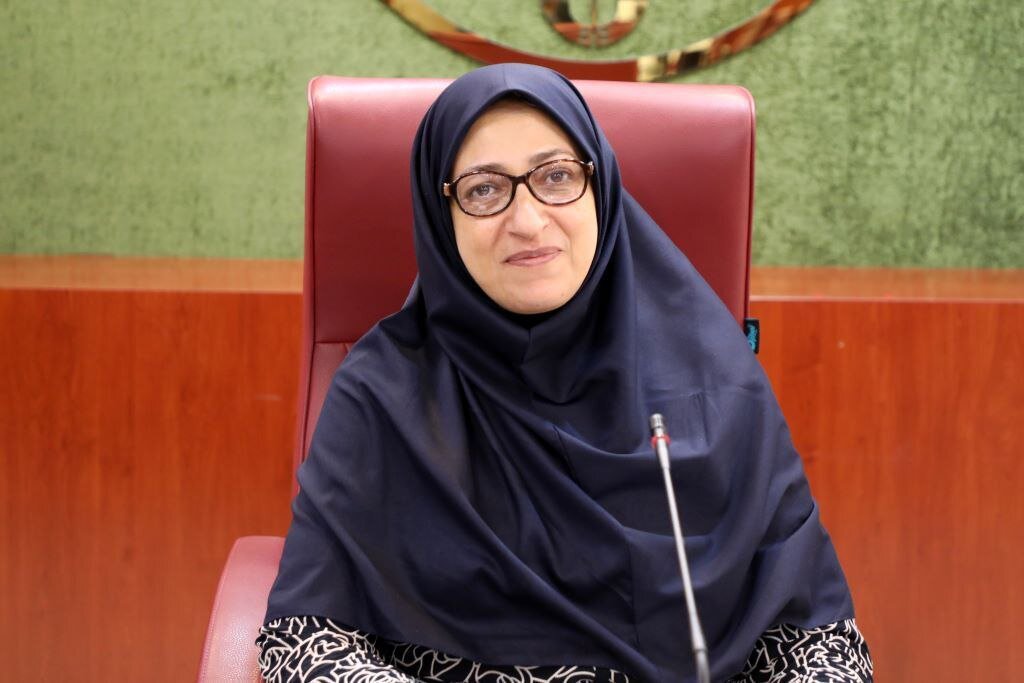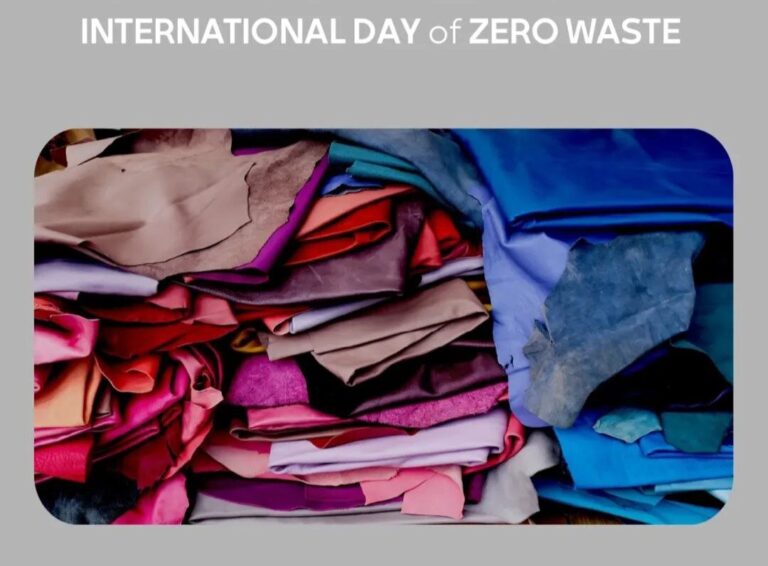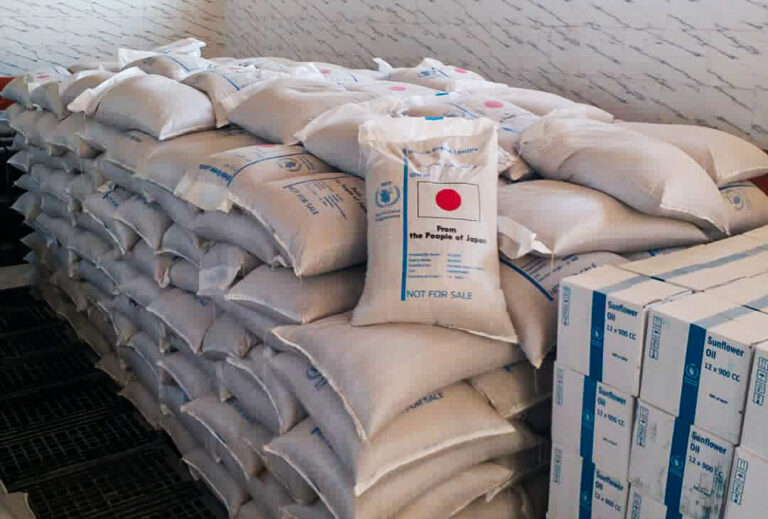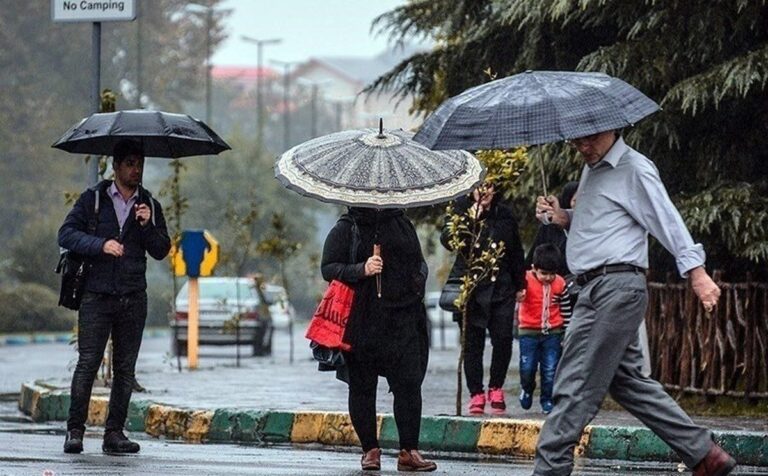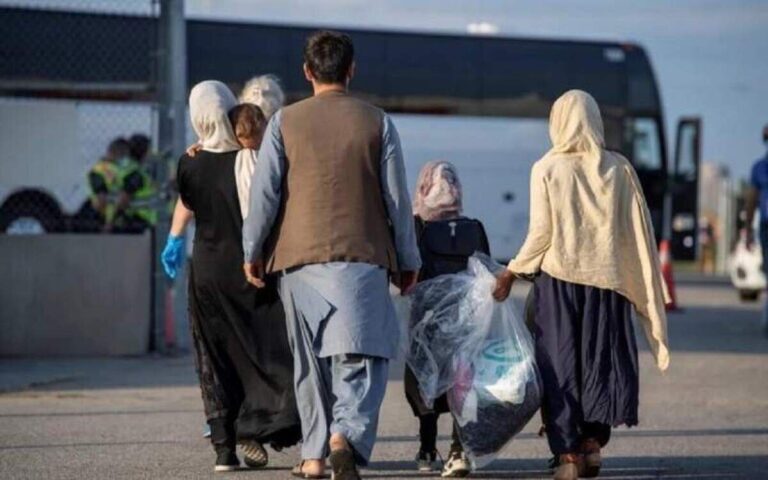Unlocking Environmental Solutions: The Power of Regional Co-ops, Says Official
In recent discussions surrounding environmental challenges, Sediqeh Torabi, a representative from the Department of Environment (DOE) in Iran, emphasized the importance of fostering environmental diplomacy among regional nations to effectively tackle pressing ecological issues. This approach is essential, particularly in addressing transboundary environmental concerns such as the restoration of wetlands and the management of sand and dust storms.
During a recent visit to Afghanistan, Torabi highlighted that Iran’s focus extended beyond merely negotiating Hirmand water rights. The nation proposed a collaborative effort aimed at tackling various environmental challenges, notably the restoration of the Hamoun Wetland and addressing the harmful effects of sand and dust storms (SDS) that impact the health of citizens in both Iran and Afghanistan.
“Holding regional workshops and meetings will facilitate the sharing of studies, findings, and strategies among participating countries,” Torabi stated. This initiative was exemplified by the recent regional dialogue held on February 18 and 19 in Doha, Qatar, which aimed to enhance cooperation on addressing SDS.
The Doha meeting served as a significant platform for countries in West Asia, including:
- Iran
- Saudi Arabia
- Qatar
- Turkey
- Lebanon
- Syria
- Iraq
- Kuwait
During this gathering, delegates discussed the challenges posed by SDS and their detrimental effects on various sectors, including the environment, agriculture, transportation, energy, and public health.
Understanding Environmental Diplomacy
Environmental diplomacy has become a crucial strategy globally for addressing disputes over energy sources, water rights, and climate change. This diplomatic approach is vital for:
- Mitigating severe consequences of environmental degradation
- Ensuring fair distribution of responsibilities among involved nations
- Presenting national interests and viable solutions
Sand and dust storms are a prevalent meteorological hazard in West Asia, affecting multiple countries. Some nations generate these storms while others bear their brunt, including:
- Saudi Arabia
- Iraq
- Syria
- Turkey
- Iran
- Azerbaijan
- Turkmenistan
- Afghanistan
- Pakistan
The impact of SDS is far-reaching; these dust particles can:
- Adversely affect respiratory health
- Disrupt transportation by causing airport and school closures
- Impact electricity transmission infrastructure
- Lead to significant economic losses
In addition to addressing SDS, other environmental policies have been implemented to resolve conflicts, such as:
- Cleaning pollution from the Aras River
- Securing water rights for the Hirmand River
- Protecting local wetlands
The Tehran Convention represents a landmark achievement for protecting the Caspian Sea environment. This agreement among littoral states aims not only to combat pollution but also to preserve and restore the unique species and habitats of the Caspian Sea.
Strengthening Environmental Policies
To effectively mitigate the impacts of climate change and achieve sustainable development goals, it is imperative that environmental policies are strengthened. Such an approach will enable Iran and its neighboring countries to:
- Optimize the use of available resources
- Safeguard national rights at the international level
The Ministry of Foreign Affairs, in collaboration with various executive bodies including the ministries of Energy, Industry, Mine, Trade, Agriculture, and the Department of Environment, can play a pivotal role. By establishing a dedicated center, these entities can focus on specific missions and track progress toward regional environmental goals, ultimately enhancing the living conditions of citizens through effective environmental diplomacy.
In conclusion, the importance of environmental diplomacy cannot be overstated. By fostering cooperation among regional countries, addressing shared challenges, and implementing effective policies, nations can work together to create a healthier environment for all.
